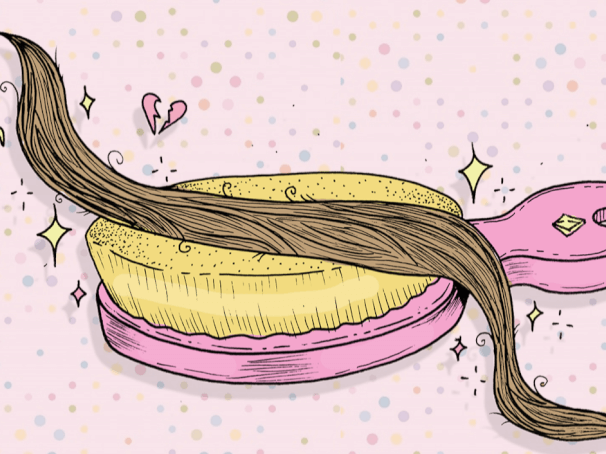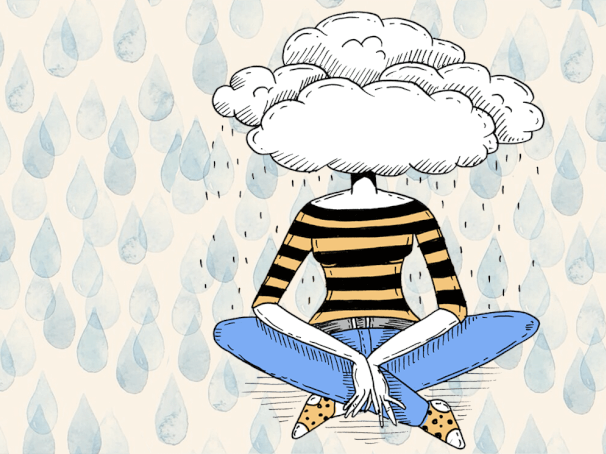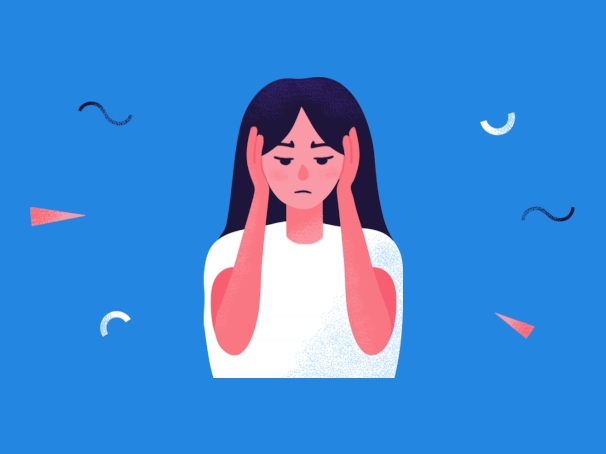
The body has many different mechanisms to protect itself from the potentially damaging effects of stress and anxiety. Nonetheless, persistent anxiety, over time, can contribute to the development of some very unpleasant symptoms.
Some of these symptoms can cause physical pain and discomfort, including increased gas and belching. Although not well-known, belching is a somewhat common symptom of anxiety. And although belching is usually a short-lived physical reaction, it can be difficult to cope with physically, and it can become challenging to deal with in social situations.
How Does Anxiety Cause Belching?
Although it may sound strange, there are many different changes that occur when a person has anxiety that can cause belching and gas. Although the rate and intensity of this gas may vary based on the type of anxiety a person suffers from, many experience gassiness and belching nonetheless.
Most belching related to anxiety is caused by a form of hyperventilation, that, for many, occurs during times of intense stress and/or panic. Hyperventilation due to anxiety is a result of the change in breathing one experiences under stress.
How Hyperventilation Affects Gas/Belching
往往那些遭受焦虑和恐慌manbetx体育官网to hyperventilation, or "over-breathing." Hyperventilation can occur for a variety of different reasons, all related to changes in breathing when someone is under stress:
- Breathing too fast during an anxiety attack.
- Breathing too much oxygen because you feel you're not getting a deep breath.
- Poor, shallow breathing as a result of bad anxiety habits.
Interestingly, hyperventilation makes people feel as though they are not getting enough air when, in fact, they are getting too much. Hyperventilation tends to trigger various different symptoms, including lightheadedness, chest pains, and shortness of breath. It also triggers belching. When the body receives more air than it needs, the healthy gas ratios are thrown off, and the body needs to expel the excess gas/air - often through belching.
The symptoms associated with hyperventilation can also trigger more anxiety, which can make the cycle of hyperventilation and anxiety difficult to stop.
Other Causes of Gas/Belching from Anxiety
Although hyperventilation is one of the main causes of belching in those with anxiety, it is not the only one. Anxiety can throw off the natural processes of the gastrointestinal system, both slowing and altering digestion, because of the severe stress and hormone changes that affect your stomach. If food is not being digested properly, it can lead to a considerable amount of gas.
How to Reduce Anxiety-Related Belching
While most belching, in general, is not harmful, it is something most people would rather not deal with on a regular basis. It is always okay to seek advice from a medical professional, regardless of how minor (or serious) the belching may be. There are also ways to manage and decrease the amount of anxiety-related belching without medical intervention. Some of these strategies to reduce belching include:
- Learn New Breathing Habits. You can learn new breathing habits by taking time on a daily basis to practice more conscious breathing (i.e. - taking slower breaths). Breathe in through your nose for several seconds, hold for a few seconds, and breathe out through your mouth for several seconds. During an anxiety attack, this exercise is known as deep breathing and may help induce a calming effect.
- Eat Healthier FoodsThe healthier you eat the easier it will be for your body to digest foods in the event that poor digestion is aiding your belching and burping habits.
- Avoid Certain Foods- Although eating healthier usually includes increasing the intake of vegetables, there are certain vegetables one might want to avoid when trying to manage and decrease belching. Things such as cabbage, broccoli, and beans can all lead to gas in the stomach and cause belching.
- Drink WaterThe simple act of drinking water can have its own calming properties. Those who suffer from excessive belching are encouraged to drink water in small gulps. It seems as though this may also have an effect on your belching, although the reason for these benefits is unclear.
- Stop SmokingWhen a person inhales cigarette smoke, he or she is also inhaling (or swallowing) more air. The less a person smokes, the less excess air will be swallowed.
- Take an AntacidOver-the-counter antacids can be taken to help reduce any acid-reflux a person may be experiencing (which can contribute to excess gassiness and belching).
- Take a WalkWalking after meals and snacks can aid in the body’s digestion, and the more efficiently one’s body works to digest food, the less likely he or she is to experience belching or excess gas.
These are just a few of the many different approaches people use to manage and decrease their anxiety-related belching. Also important to those who suffer from anxiety-related belching is learning how to manage the core issue - the anxiety. Thankfully, there are many treatment modalities and approaches proven effective for anxiety. Talk to a medical or mental health professional about your anxiety and ways to better cope with it.










